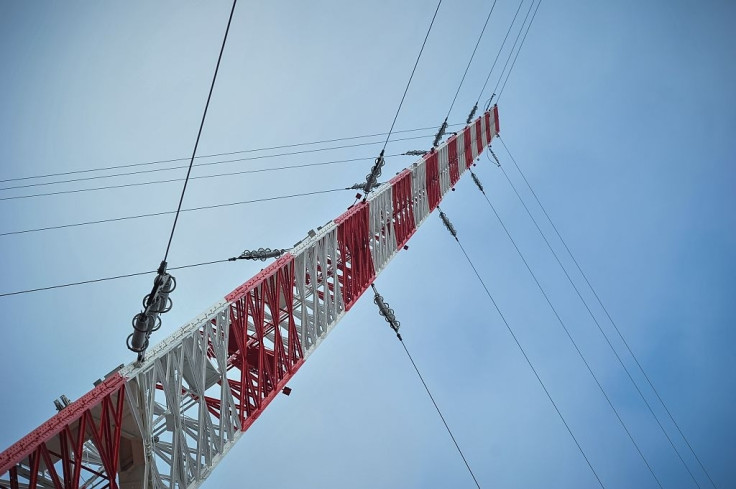Mysterious signals still 'buzzing' from Russian Cold War radio station - and nobody knows why
What is The Buzzer?

Conspiracy theorists have become enthralled by a mysterious Russian radio station that has been broadcasting a ghostly droning sound and occasional bizarre code-words from as far back as the Cold War... but no one seems to know why.
The station, dubbed 'The Buzzer' by its legions of intrepid followers, allegedly started broadcasting its strange messages and guttural tones in the 1970s, with the first recording dating back to 1983.
The broadcast mostly consists of a low buzzing hum followed by an intermittent foghorn-like blast.
On occasion, and with no discernible pattern, the transmission changes to a male or female voice reading out Russian names or random words, as well as strange number patterns.
The signal supposedly originates from radio towers hidden in swampland close to St. Petersburg, and a second site near Moscow, on the frequency 4625 kHz. The low "shortwave" frequency allows the signal to transmit far beyond Russia.
Also known as "MDZhB" or "UVB-76", the station has been transmitting its cryptic messages every hour of every day for decades, but despite the effort of thousands of listeners from across the world, no one can confirm its purpose.
Occasional words spoken in Russian and unknown codes have led to a number of theories, each more bizarre than the last. As with most suspicious signals, there are some who believe The Buzzer is an attempt to communicate with aliens, but the most common theme among theorists is that it is connected to Russia's military.
The fact that the radio station increased its activity during the Cold War's later years is a key detail for the tin-foil hat brigade. A popular theory posits that The Buzzer is a "Dead Hand" signal which would launch automatic retaliatory attacks on opposing nations should Russia be hit by a nuclear strike.
However, experts have warned that reading too much into The Buzzer's messages may be a fool's errand. "There's absolutely no information in the signal," David Stupples, an expert in signals intelligence from City University, London, told the BBC.
There are also suggestions the buzzing could merely be a placeholder to stop others using the frequency, but that's far too boring. It's got to be aliens... right?
© Copyright IBTimes 2024. All rights reserved.









